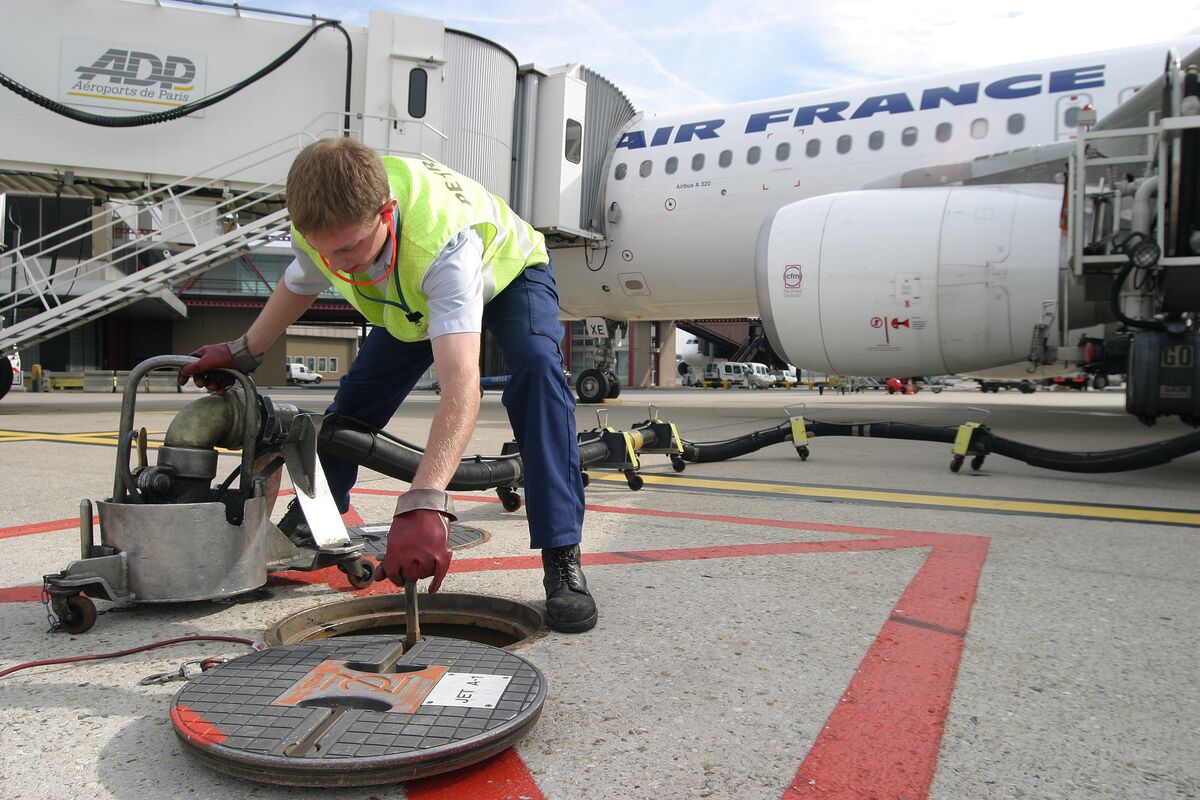
Aviation fuel alternatives are becoming more important as the world seeks cleaner energy solutions. But what exactly are these alternatives, and why should we care? Sustainable aviation fuel (SAF), electric planes, and hydrogen fuel are some of the promising options. These alternatives aim to reduce carbon emissions and reliance on fossil fuels. SAF, for instance, can be made from waste oils, plants, or even algae. Electric planes use batteries to power their engines, while hydrogen fuel cells produce electricity through a chemical reaction. Each option has its pros and cons, but the goal remains the same: a greener future for aviation.
Key Takeaways:
- Aviation fuel alternatives, such as biofuels and electric power, offer a greener and more sustainable option for air travel, reducing carbon emissions and improving air quality.
- Despite challenges, innovations like electric planes and hydrogen fuel cells show promising advancements in developing cleaner and more efficient aviation fuel alternatives.
What Are Aviation Fuel Alternatives?
Aviation fuel alternatives are gaining attention as the aviation industry seeks to reduce its carbon footprint. These alternatives include biofuels, synthetic fuels, and even electric power. Let's explore some fascinating facts about these innovative solutions.
-
Biofuels are derived from plants: Biofuels can be made from various plant materials, including algae, corn, and sugarcane. These fuels are renewable and can significantly reduce greenhouse gas emissions compared to traditional jet fuel.
-
Algae-based fuels are promising: Algae grow quickly and can be harvested to produce biofuels. They require less land and water than other biofuel sources, making them a sustainable option.
-
Used cooking oil can be recycled into jet fuel: Some biofuels are made from waste products like used cooking oil. This recycling process helps reduce waste and provides a renewable energy source.
Benefits of Using Aviation Fuel Alternatives
Switching to alternative fuels offers numerous benefits for the environment and the aviation industry. Here are some key advantages.
-
Lower carbon emissions: Alternative fuels can reduce carbon dioxide emissions by up to 80% compared to conventional jet fuel. This reduction helps combat climate change.
-
Improved air quality: Using cleaner fuels can decrease the release of harmful pollutants, improving air quality around airports and flight paths.
-
Energy security: Relying on renewable energy sources reduces dependence on fossil fuels, enhancing energy security and stability.
Challenges in Adopting Aviation Fuel Alternatives
Despite their benefits, there are several challenges to overcome before alternative fuels can be widely adopted in aviation.
-
High production costs: Producing alternative fuels can be expensive, making them less competitive with traditional jet fuel.
-
Limited availability: Currently, the supply of alternative fuels is limited, which can hinder widespread adoption.
-
Infrastructure changes: Airports and airlines may need to invest in new infrastructure to store and distribute alternative fuels.
Innovations in Aviation Fuel Alternatives
Innovations are driving the development of new aviation fuel alternatives. Here are some exciting advancements in the field.
-
Electric aircraft: Electric planes are being developed for short-haul flights. These aircraft produce zero emissions and have lower operating costs.
-
Hydrogen fuel cells: Hydrogen fuel cells generate electricity through a chemical reaction, producing only water vapor as a byproduct. This technology holds promise for powering future aircraft.
-
Power-to-liquid fuels: These synthetic fuels are made by converting renewable electricity into liquid hydrocarbons. They can be used in existing jet engines without modification.
Real-World Applications of Aviation Fuel Alternatives
Several airlines and organizations are already testing and using alternative fuels. Here are some real-world examples.
-
KLM's biofuel flights: KLM Royal Dutch Airlines has operated several flights using biofuels, demonstrating their feasibility for commercial aviation.
-
United Airlines' sustainable fuel commitment: United Airlines has committed to using sustainable aviation fuel (SAF) for a significant portion of its flights by 2050.
-
NASA's electric aircraft research: NASA is researching electric propulsion systems for aircraft, aiming to reduce emissions and noise pollution.
Future Prospects for Aviation Fuel Alternatives
The future of aviation fuel alternatives looks promising, with ongoing research and development paving the way for more sustainable air travel.
-
Increased investment: Governments and private companies are investing in research and development of alternative fuels, accelerating their progress.
-
Regulatory support: Policies and regulations promoting the use of alternative fuels can help drive their adoption in the aviation industry.
-
Collaborative efforts: Collaboration between airlines, fuel producers, and researchers is essential for overcoming challenges and advancing alternative fuel technologies.
-
Public awareness: Raising awareness about the benefits of alternative fuels can encourage more airlines and passengers to support sustainable aviation practices.
The Future of Aviation Fuel
Aviation fuel alternatives are not just a concept anymore. Biofuels, electric propulsion, and hydrogen are leading the charge towards a greener sky. These innovations promise to cut down on carbon emissions, making air travel more sustainable. Airlines and aircraft manufacturers are investing heavily in research and development to bring these technologies to the mainstream. While challenges like infrastructure and cost remain, the progress is undeniable. Governments and private sectors are collaborating to create policies and incentives that support this transition. The aviation industry is on the brink of a significant transformation, one that could redefine how we think about air travel. As these technologies evolve, the dream of eco-friendly flying is becoming a reality. The sky's the limit, and the future looks bright for sustainable aviation.
Frequently Asked Questions
Was this page helpful?
Our commitment to delivering trustworthy and engaging content is at the heart of what we do. Each fact on our site is contributed by real users like you, bringing a wealth of diverse insights and information. To ensure the highest standards of accuracy and reliability, our dedicated editors meticulously review each submission. This process guarantees that the facts we share are not only fascinating but also credible. Trust in our commitment to quality and authenticity as you explore and learn with us.


